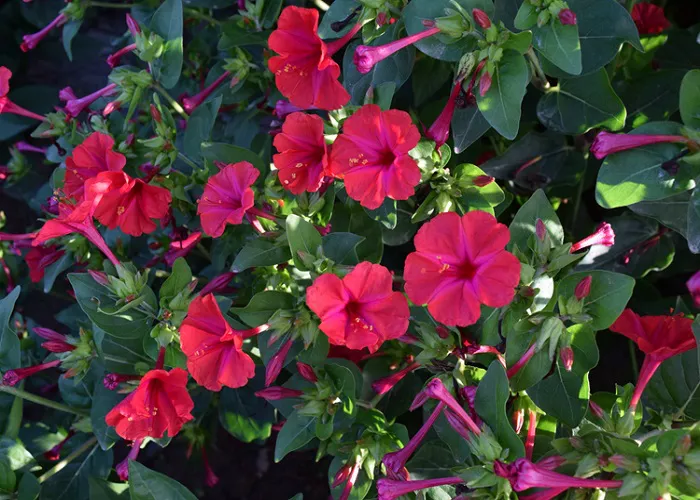Pollinators play a crucial role in the ecosystem, helping fertilize plants that are not only vital for beauty but also essential for food production. To support these important creatures, the Ingleside Garden Club has developed a pollinator garden at Faith Park.
As part of Texas Native Plant Week, which falls during the third week of October, the club recently expanded the garden by planting wildflower seeds to provide additional food sources for local pollinators. Among the species planted were native wildflowers such as Bluebonnets, Pink Ladies, Cornflowers, and Black-eyed Susans.
Pollinators in Texas include a variety of species such as bees, butterflies, hummingbirds, bats, beetles, moths, wasps, and flies.
The garden’s recent improvements were inspired by a program led by Dustin Windsor, a wildlife biologist with the Texas Department of Parks and Wildlife. Windsor discussed endangered plants in the lower mid-coast region of Texas and shared strategies for conserving and protecting these species.
“Ecological function and the role of different species within an ecosystem cannot be replaced once a piece is lost,” Windsor explained. “Biodiversity is the key to stability, and while we may attempt to replicate lost functions, the reality is that no two species or impacts are the same.”
Windsor also highlighted the importance of the Endangered Species Act, passed by U.S. Congress in 1973, which provides a framework for conserving natural resources for future generations.
Vicky Cook, a member of the Ingleside Garden Club, led the efforts to create and expand the pollinator garden, underscoring the club’s commitment to protecting wildlife and promoting biodiversity in the local area.
Related topics:


